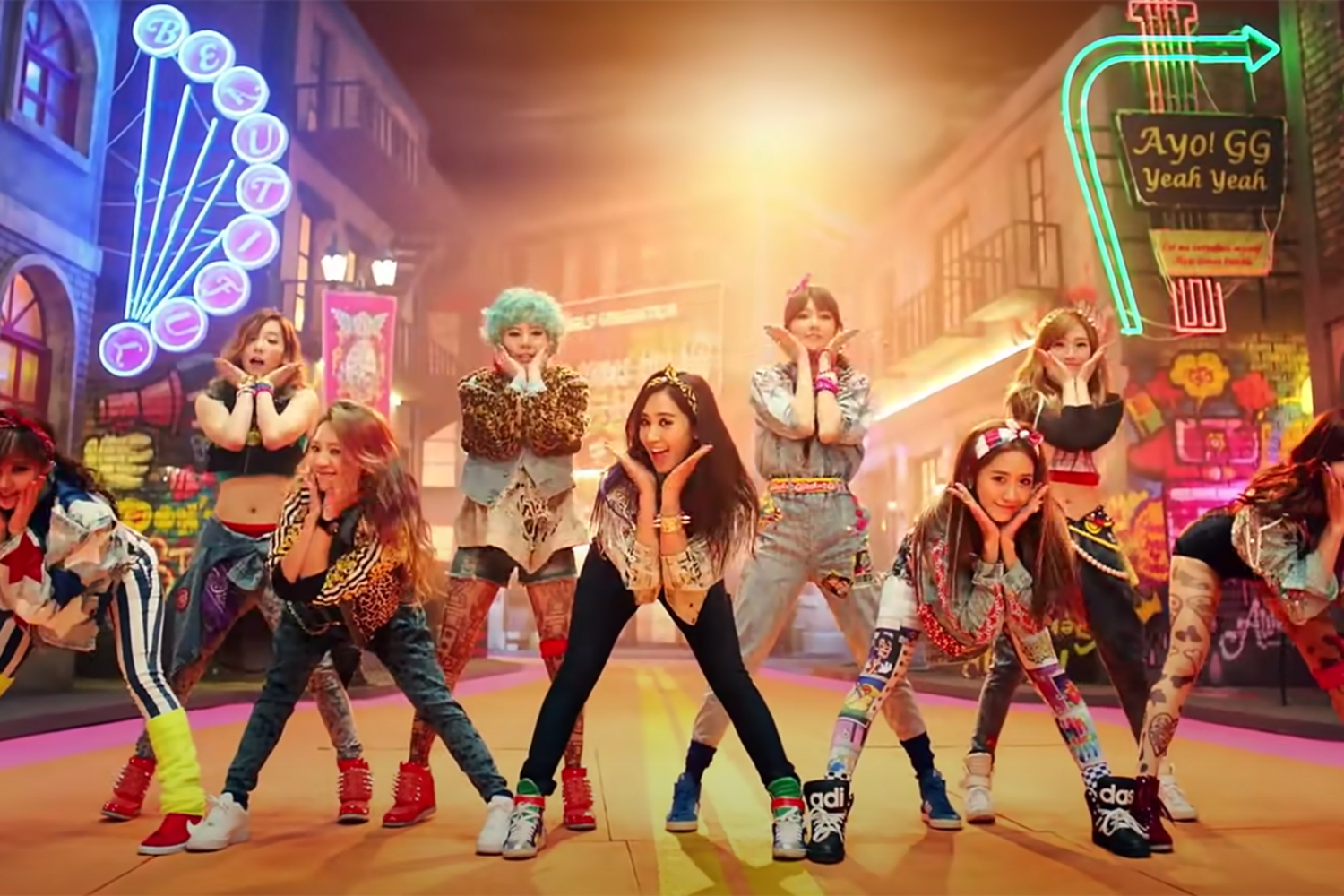Around the world, social media has connected fanbases—whether of hit TV series, movies, books, games or musicians—to those they adore and also, crucially, to each other.
In the US, Taylor Swift has her Swifties, Beyoncé has the Beyhive and Lady Gaga has the Little Monsters. With a single social media post, these fandoms can rise as a group to turbo-charge music sales, defend their heroes against detractors and, increasingly, throw their weight behind causes.
The South Korean pop industry in particular has taken fan engagement to new heights. There are content channels for individual band members, personalized messaging platforms, and—during the pandemic especially—AR- and VR-enhanced streaming concerts.
In return, fans see themselves as a community and will buy and stream songs continuously, on multiple devices, to push their favorite artist up the charts, as well as create and share fan fiction, artwork and compilation videos.







